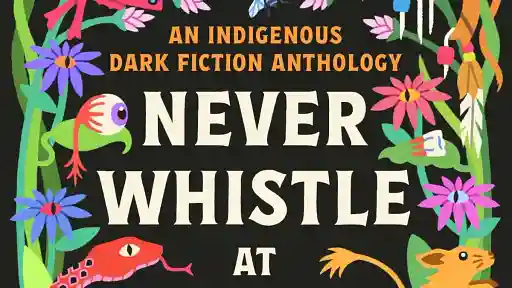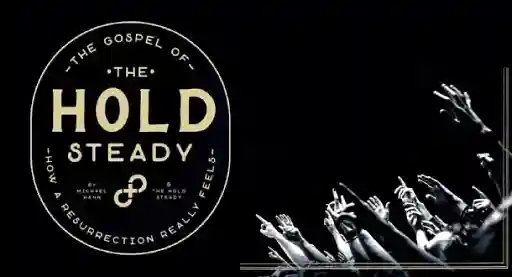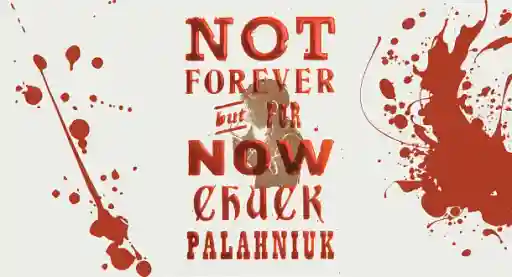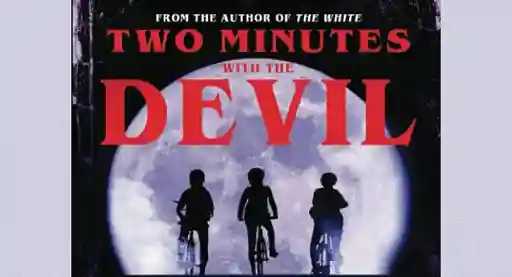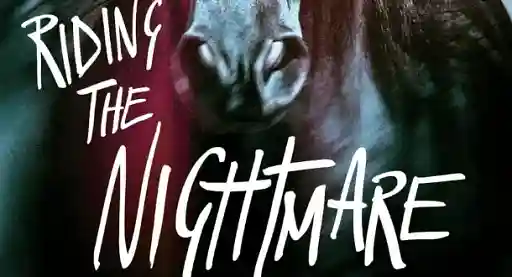Bookshots: Pumping new life into the corpse of the book review
Title:
The Poetic Edda
Who wrote it?
The work likely has numerous authors and transcribers from oral traditions, but the content in this book was collected in manuscript form in Iceland in the 13th century; poet and Icelandic Studies scholar Jeramy Dodds performed the translation for this edition.
Plot in a box:
The Poetic Edda is essentially a collection of multiple "mythological poems" and "hero poems" detailing the lives and adventures of several prominent Norse gods, warriors, and kings. As such, there's a ton of magic, murder, and Viking mayhem, but nothing resembling an overall plot.
Invent a new title for this book:
Land of Ice and Death: Poems to Kill Your King By
Read this if you like:
Joseph Campbell, J.R.R. Tolkien, Thor: The Dark World
Meet the book's lead(s):
Odin, king of the gods1; Thor, his brawny son2; Loki, a jerk3; Sigurd, a pretty swell guy4; Atli, another jerk5; Gudrun, a rather determined widow6; Brynhild, a princess who's jealous of Gudrun7; various warrior kings8; some Jotuns9; a seer raised from the dead10.
Said lead(s) would be portrayed in a movie by:
1. Anthony Hopkins; 2. Chris Hemsworth; 3. Tom Hiddleston; 4. Viggo Mortensen maybe; 5. Stellan Skarsgård; 6. Ingrid Bergman probably; 7. Malin Ackerman; 8. Nikolaj Coster-Waldau (yes, all of them); 9. Gregor Clegane; 10. Björk, definitely Björk.
Setting: Would you want to live there?
The poems are variously set throughout Medieval Scandinavia. You can talk about how cool Vikings are all you want, but that setting is way too cold and stabby for me.
What was your favorite sentence?
I got drunk, I got so drunk
at Fjalar's hall. The best
ale-feasts are those where one
can reclaim his wits the next day.—from "The High One's Sayings (Hávamál)"
The Verdict:
Having only ever read filtered retellings of mythological works third-, fourth-, or fifth-hand, I've never really come into contact with something this authentic in terms of early storytelling before. I knew a fair amount about the Norse gods already, and even about some of the characters mentioned in the "hero poems," but it's very interesting to read these stories through the lens of a poet translating them directly from the Codex Regius in which they are written. Also, pretentious poetic sensibilities aside, I had no idea how RIDICULOUS Norse mythology is. I'd heard about Ragnarok and the Midgard Serpent and Loki the Trickster and all the dwarfs and giants and witches and whatever, but that's all kids' stuff. This book has something like a murder per page: dozens of regicides; a few counts of cannibalism; a handful of people turning to stone; a couple kids cooked up in a stew, their blood mixed with wine. There's also a fair amount of rape, a considerable undertone of homophobia mixed in with a generous sprinkling of "whatever, it's dude-love," some zombie fortunetelling, a bit of cross-dressing, plenty of incest, and at least one fairly extensive guide on how to comport oneself at the feast table. ("No one who goes to bed early / can be blamed for his bad behaviour.")
I had kinda picked this book out for its poetic aspects—"I dare say, the task of translating from both archaic language into the modern and from a Scandinavian tongue into English simultaneously poses quite the conundrum, indeed"—but I was overwhelmed by the heft and flavor of The Poetic Edda. Still, there are a few things that I think could have been done better. Most specifically I thought that that the "Genealogy of the Gods and Jotuns" at the beginning could have been filled out a bit more to provide further grounding; there are just too many characters with similar names to keep track of them all. It can be a little confusing when you're constantly flipping back to clarify the relationships between Oddrun, Gudrun, Gunnar, Guthorm, Gjuki, Grimhild, Bryhnhild, Borghild, Bekkhild, Svanhild, Sigurd, Signy, Siggeir, Sigrun, Sigmund, Hamund, Helgi, Hogni, and Hniflung, and most of those appear just in the Sigurd poems. The gods and their Vidar and Vili and Vali and Nali and Narfi and Magni and Modi and Bragi and Bestla aren't much easier to keep track of, let me tell you. To make things even more confusing, almost every character has more than one name. I counted somewhere in the range of 55 different names just for Odin, my favorite being War-jolly, Cadaver Father, and Bent-hat. "What god do you worship, Gylfi?" "Oh my family have always followed Bent-hat." Sure.
Of course, once I accepted that I was never going to understand who every character was just from one unscholarly readthrough, things got way more interesting. For example, there's a poem called "Harbard's Poem" that consists of nothing more than a conversation between Thor and a ferryman that devolves into the two shouting insults to each other from opposite banks of a river.
Harbard said:
'Thor might be mighty but he lacks heart—
Thor was a coward and hid in a glove. You
didn't seem much like Thor then. You can't
sniffle or fart for fear that Fjalar might hear.'Thor said:
'Harbard, you cock-gobbler, I'd mash you
to Hel if I could reach across this water.'
Two poems later we get "Loki's Flyting," a joyous thing wherein everyone in Asgard gets a turn arguing with the Trickster.
Freyja said:
'Your tongue's cutting, I'm sure
one day it'll flail you to pieces.
The Æsir and the Asynjor are livid
with you. You'll go home unhappy.'Loki said:
'Shut up, Freyja, you're riddled with
wickedness, a real witch. The giggling
gods walked in on you riding your own
brother, Freyja, and then you farted.'
And. Then. You. Farted. I'm sorry, but I am totally down with 900-year-old fart jokes. This book is incredible. It's so historically and poetically important, so influential in several literary and academic spheres, and yet there are tons of incest insults and fart jokes. If this doesn't give a perfect insight into how people in Medieval Iceland lived, nothing will. There are so many reasons to read The Poetic Edda, and most of them are Intelligent Poetical Reasons, but if you're just in it for the fart jokes, that's totally cool, too.

About the author
Brian McGackin is the author of BROETRY (Quirk Books, 2011). He has a BA from Emerson College in Something Completely Unrelated To His Life Right Now, and a Masters in Poetry from USC. He enjoys Guinness, comic books, and Bruce Willis movies.
